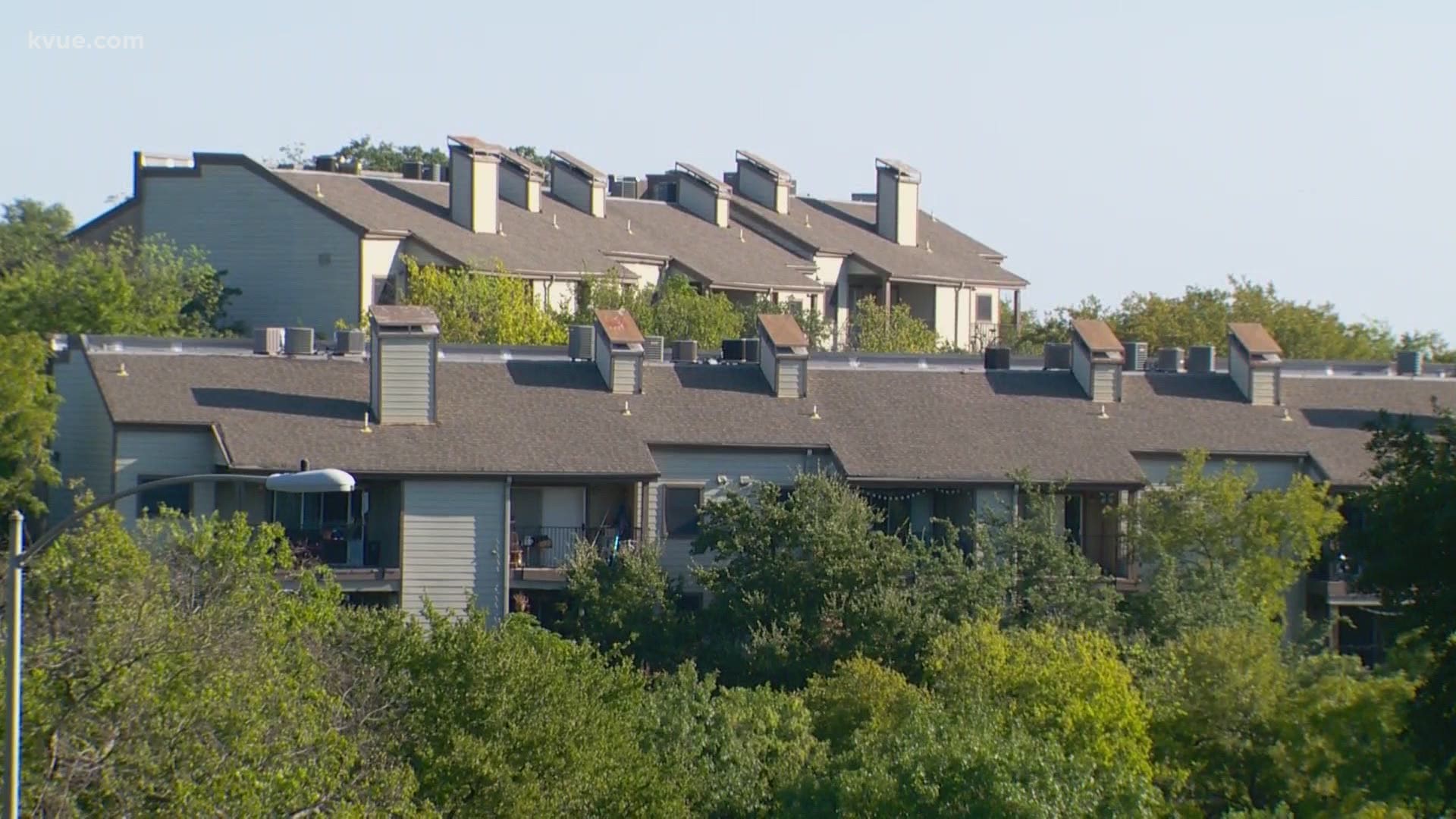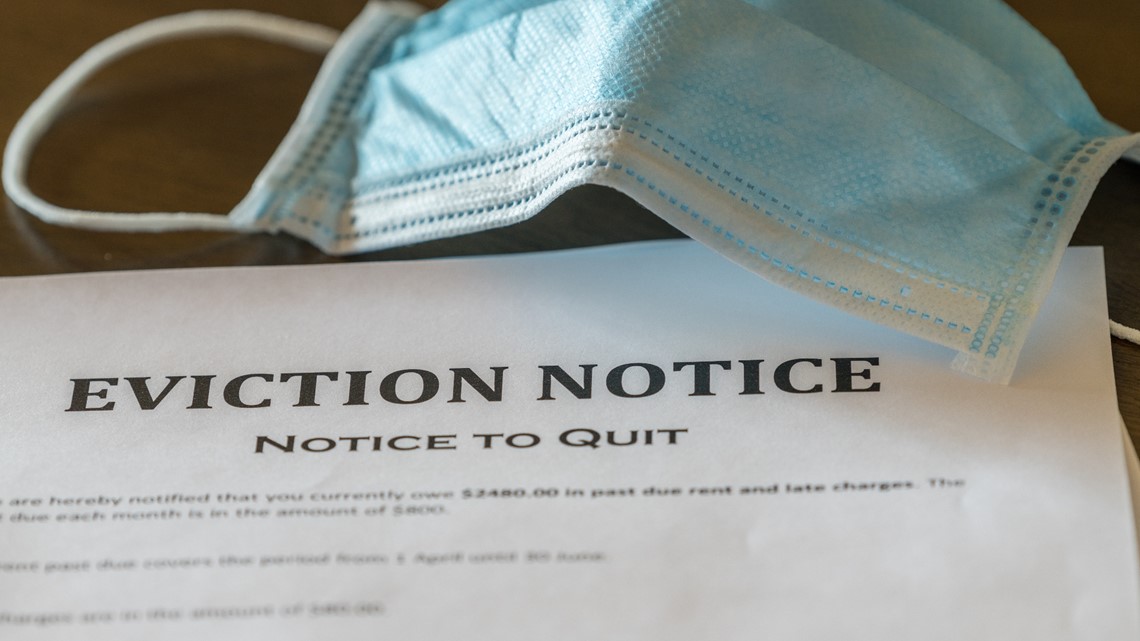AUSTIN, Texas — Before the clock struck midnight on an order protecting renters from eviction who were not making their payments, Travis County sent relief by extending eviction protections until the end of the year.
While renters have a few more months to figure out a plan, while staying housed during a pandemic, landlords are figuring out how they will support themselves.
Landlords in Travis County have gone without rent payments from some tenants since April, when the former Travis County judge signed the first order.
In September, Judge Sam Biscoe and the Justices of the Peace in Travis County signed orders extending the ban on evictions until Dec. 31. The order applies solely to tenants at risk of eviction due to non-payment.
The county updated the latest orders to include the memorandum from the Centers for and Disease Control and Prevention (CDC) halting evictions nationwide to prevent the spread of the coronavirus.
Yet, over the months, landlords across the nation have attempted to bypass orders in place and illegally evict tenants.
If found in violation of these eviction orders in Travis County, landlords could face a $1,000 fine.
"They are not these super-savvy investors having hundreds of thousands of dollars," said Jason Huval, a partner at Stone Oak Property Management. "These for the most part are just above average joes. They have had a few months worth payment in case the AC breaks, but they don't have the resources like a big company."
Huval also helps support landlords through Texas Tenant Evictions, a company providing legal support to landlords during the eviction process.
Huval told KVUE his phone has rung off the hook for months, as more and more landlords try to figure out what they can do to protect themselves.
But this time around, Huval said he doesn't have much of an answer until the order ends.
"Everyone is sympathetic to what's going on, so it's really just getting people to work together," Huval said.
As renters miss payments, that burden falls on landlords who are still responsible to pay the mortgage, loans and insurance on their property, on top of their personal finances.
As the months pass, Huval said small-time landlords are tapping into their personal savings too.
Some cities, like Austin, created a rent relief program to alleviate financial stress. However, Huval said programs like that are more supportive of the tenant than the landlord.
"That doesn't necessarily dictate the tenants are going to spend that money on their rent. We are not receiving money from a government entity. We received the rent directly from the tenant," he said.
Recognizing a difficult situation, Texas introduced the Texas Eviction Diversion Program, which will channel more than $171 million in CARES Act funding for rental assistance.
According to an advisory from the Texas Supreme Court, the program will provide landlords an alternate route than evictions.
In most situations, Huval said both parties are willing to work together to come up with a solution that benefits both people. This includes rent payment plans or allowing tenants to vacate without penalty.
"The problem is the ones who are just trying to milk the system. The ones who sit out and camp thinking these landlords have all this money," he said.
Huval hopes city and state leaders begin focusing on programs that provide more direct support to landlords.
PEOPLE ARE ALSO READING:


